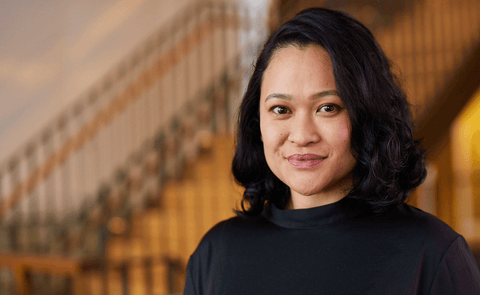
Our people
Garvan has some of the best scientific minds under one roof, who pioneer innovative research endeavours. Our team work at the intersection of world-class technical facilities and in close collaboration with hospitals and patients, both locally and globally.